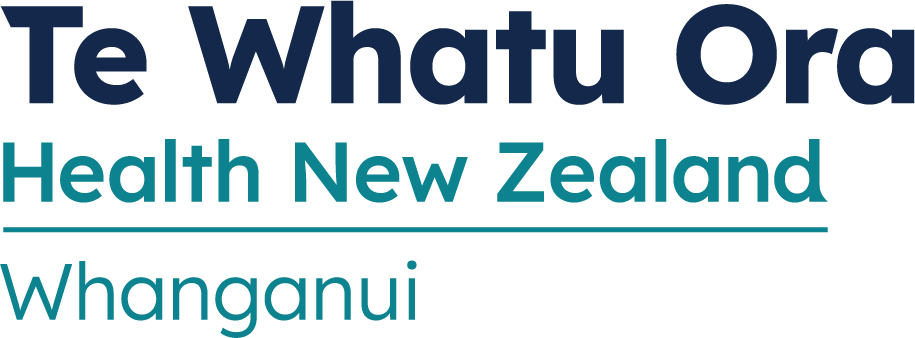
24 April 2018
Immunisation Week (30 April - 6 May) is the perfect time for people to pause and think about how important immunisation is for their health, and for that of their whanau. It needs to be a lifelong commitment from 'cradle to the grave' says Whanganui District Health Board (WDHB) chief medical officer Frank Rawlinson.
“While childhood immunisations are critically important, people need to understand that there are vulnerable groups in the community who should be protected by immunisations. The elderly over 65 for example, need to be immunised against serious illnesses such as shingles and influenza,” Dr Rawlinson says.
“Protection for babies begins with the immunisation of pregnant mothers against whooping cough. The mother’s immunity is passed to her baby until they are old enough to be immunised themselves.
“Given that we are currently experiencing a national outbreak of whooping cough which spreads easily through coughing and sneezing, it’s vital that pregnant women have this vaccination.
“Since the beginning of 2018, more than a thousand cases of whooping cough have been notified to the Ministry of Health and 72 of those (including 31 babies) have been hospitalised.
“Babies who are sick with whooping cough may not be able to feed or breathe properly. They can become very ill and may need to be cared for in hospital.”
Dr Rawlinson encourages all pregnant women to be immunised against both whooping cough and influenza. Pregnant women who become ill with flu face a great risk of complications from the flu.
Whooping cough immunisation is free to any woman who is between 28 and 38 weeks pregnant and influenza immunisation is free for pregnant women at any stage of pregnancy.
Meanwhile, older people are more vulnerable to a number of illnesses including influenza, shingles and tetanus which can be prevented through immunisation. Again, influenza immunisation is free and recommended every year for those aged 65 and older. Shingles immunisation is now free at age 65, and until 31 March 2020, anyone aged 66 to 80 is also eligible for a free dose of the vaccine. Combined tetanus and diphtheria immunisation is recommended at age 65.



